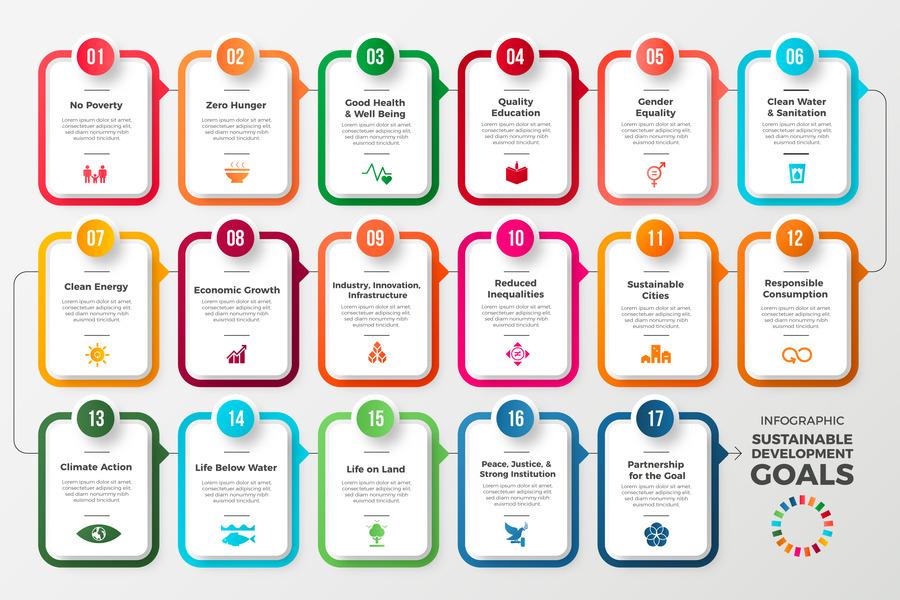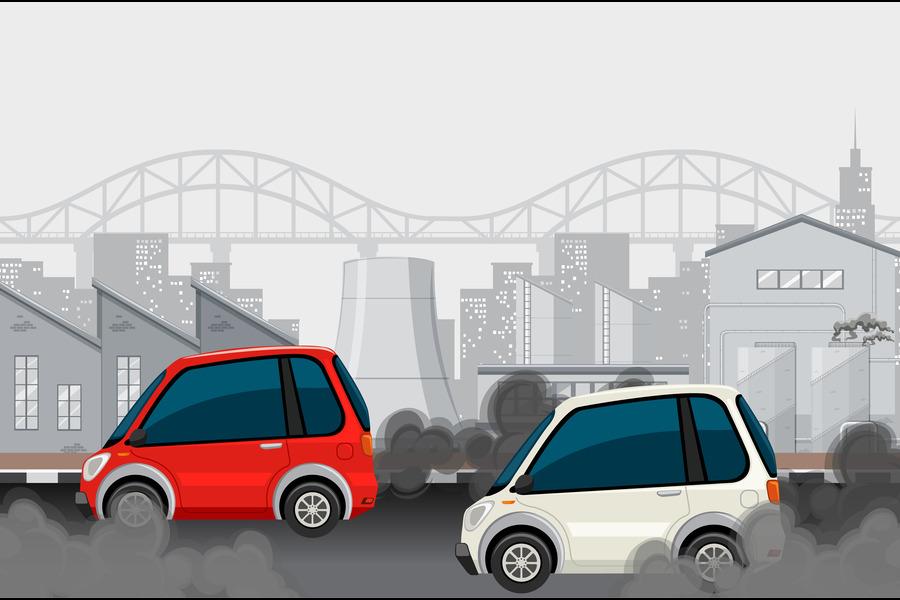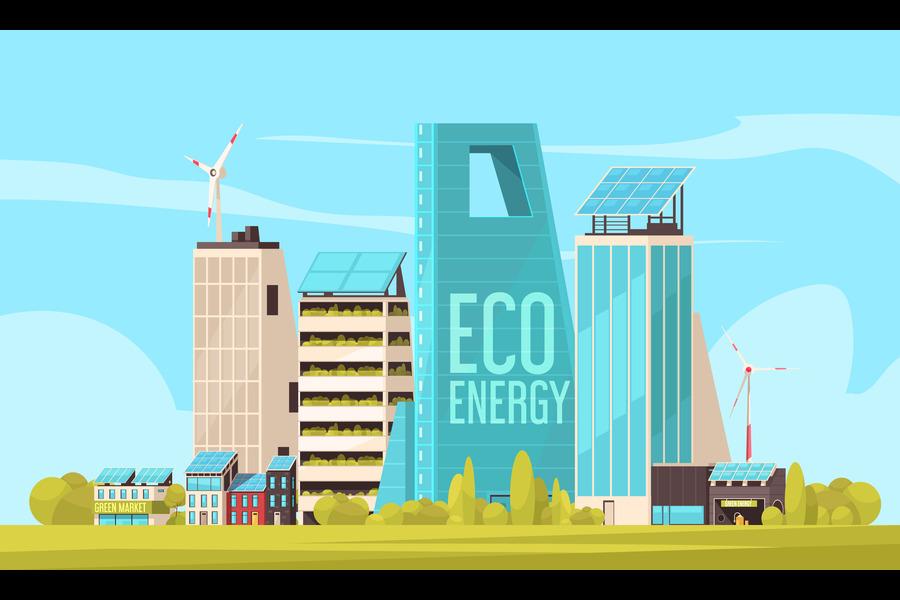Our Consultancy Services


Comprehensive Mobility Plan:
Cities are undergoing a renaissance, with a huge growth in urban population, including the emergence of the 'megacity' (over 10 million population), the 'metacity' (over 20 million population) and the 'megacity region' (with an aggregate population over 80 million). By 2050 70 percent of the population will be living in urban areas, that is 6 billion out of 9 billion will be living in cities.
Cities have a lot of dependency on transportation systems, because mobility provides freedom of movement and progress to urban dwellers. Currently, the world is estimated to have 1.46 billion cars, and the numbers are exploding every passing
year. The urban traffic infrastructure did not follow the population growth and their travel demand accordingly.
Currently, the developing countries do not have the holding capacity for cars, which are parked 95% of the time, either on roads or off roads. Planning & designing public transportation is the only sustainable means of transport in the coming future. We help Municipal Corporations and urban planning bodies conduct a study on area based / city-based comprehensive mobility plans. Our studies are backed up by the latest software simulations of the various traffic points in the given area/city.

MechanicalParking:
In the mid 20th century, the passenger car earned an important place in the modal split. In addition to area for movement, each car needs space for parking. Any trip by car requires at least two parking spaces, at both ends of the trip (with the minor exception of trips made just to pick up and drop off people or objects). Hence, cars occupy space even when they are not moving, i.e., when parked, and cars are parked on average 23 hours a day. In the case of on-street parking, a parked car occupies on average 10 sq.m. and utilizes the adjacent traffic lane to enter / leave the stall, while
in off-street parking lots, the average area occupied is around 20 sq.m. In all the major cities in the world, including India, there is no space left for more expansion because of the overwhelming land being invested in free parking. We assist residential builders, commercial space owners, hospital owners, mall owners, and parking contractors in space augmentation with the help of mechanical parking.

Pay & Park Digitization:
In almost all Indian cities, off-street parking is operated manually or with the help of partial technology. The transaction time in the off-street parking which can be at a government pay and park / private mall is between 30 seconds - 60 seconds. This leads to the queuing time of around 25 minutes - 45 minutes during the weekends at these facilities leading to the slowing down of the entire traffic lane if the spillover of the vehicles is on the roads.
With the technology integration of world class boom barrier, parking management software, ANPR (Automated Number Plate Recognition) system and FasTag, we provide our clients with complete automated entry, exit and digital payment to the customer, thus reducing the entry and exit of the car to 7 seconds.

Parking Policy & Communication:
India is a very diverse landscape of people, culture, states, cities, and hyperlocal urban planning. In India currently there are 22 cars behind every 1000 Indians, this is expected to grow to 44 by the end of 2030. The haphazard growth of cities and the basic infrastructure growth kept the parking policy framework requirement ignorant in the country and at the state level.
Currently, there are only three cities Pune, Bangalore and Hyderabad that have attempted rolling out and implementation of the parking policies at the city level. None of them is successful implementing these policies as they missed the area-based studies and implementation. The generic parking
policy may not be effective as the parking demands vary from area to area. We help municipal corporations and civic bodies to frame area-based parking policies and then merge them at a city level.
Because parking policy measures mainly require changes in user behavior, in order to produce positive effects, measures applied need to be accepted by parking users. We help our clients to create marketing campaigns to persuade and encourage users to accept more sustainable behavior that will contribute to positive effects of adopted parking policy.

Parking Regulation &Enforcement:
Parking regulation is considered the core of parking management in central and other highly attractive areas. Parking regulation aims, through increased turnover, to achieve targeted parking occupancy and maximize the number of visitors. Most cities worldwide apply this policy measure. It typically includes time restriction, users' restriction, and parking charge. We help to present to our client the criteria for parking regulation introduction in an area, the methodology for determination of measures (time limit, parking price, period of regime validity, etc.), and tariff system definition. We help our clients to elaborate methodologies for definition of parking price that will lead to realization of parking management objectives. Generally, it could be said that selected methodologies for price definitions are based on user attitudes toward parking prices (revealed or stated) and that they related user attributes with their response to the price increase.
Car parking is defined by the requirements of the car users (parking demand) on the one hand and limited spatial capacities, i.e., finite number of parking spaces (parking supply), on the other hand. The persistent mismatch between parking demand and supply creates the need for parking management.
Parking regulation is actually important because it reflects the possibilities to take management measures to keep the balance between supply and demand with the efficient use of finite parking capacities as possible. Parking regulations are defined as "regulations that control who, when, and how long vehicles may park at a particular location in order to prioritize parking facility use" and can be considered as the very of the parking management.

We have a team of seasoned urban planners, environmentalists, engineers, philanthropists and changemakers who are working to achieve practical sustainably in cities blended with Circular Commerce, Smarter Spaces, and Happier Humans.
Read MoreCONTACT INFO
C - 701, Galore Park,
Bavdhan,
Near LMD Square,
Pune - 411 021 (MH)









